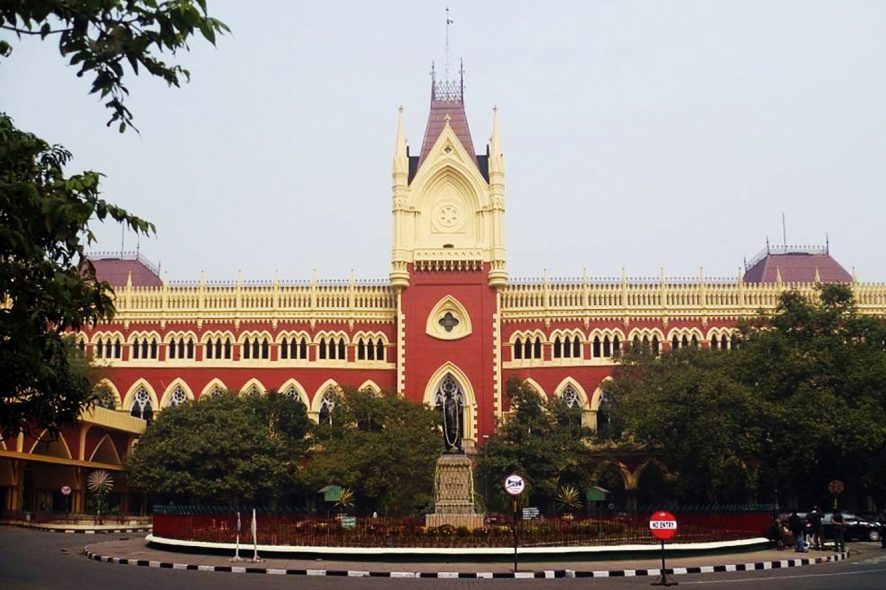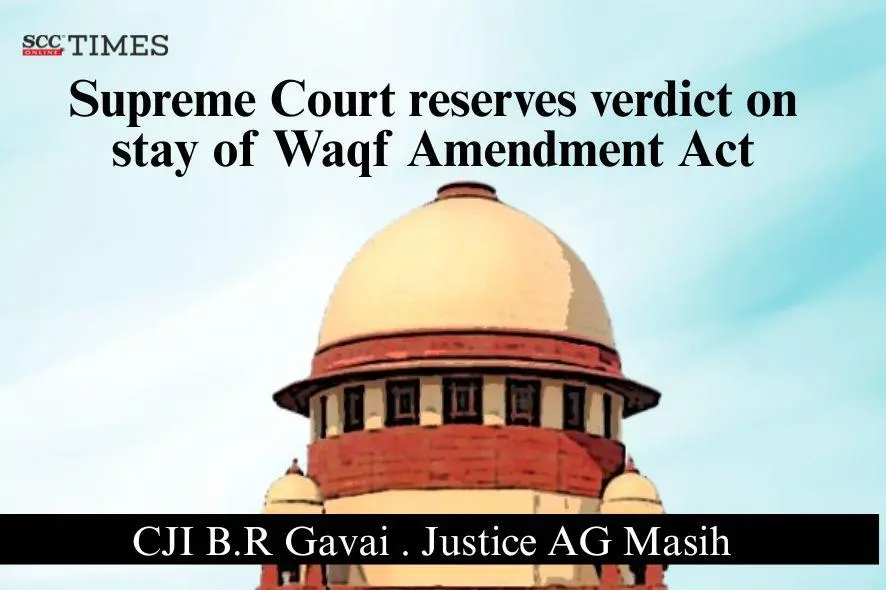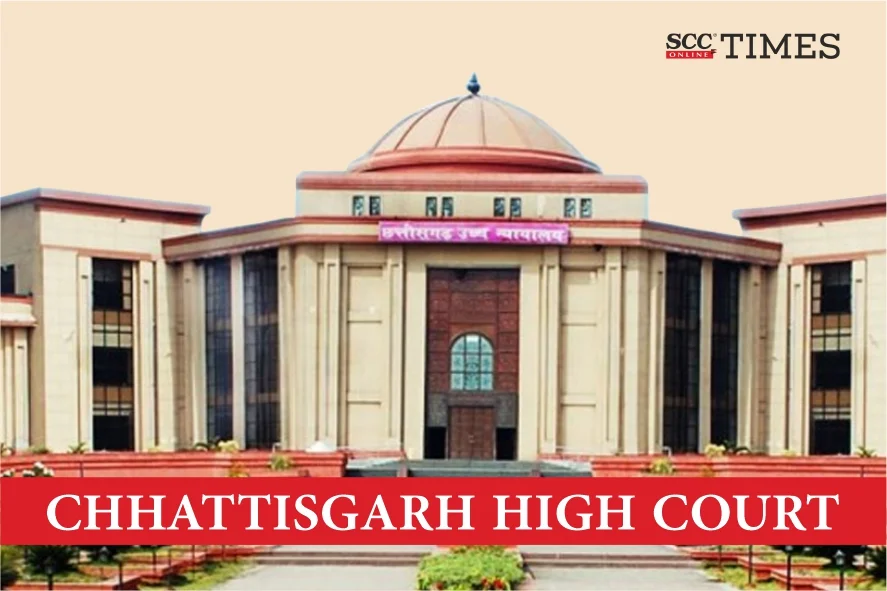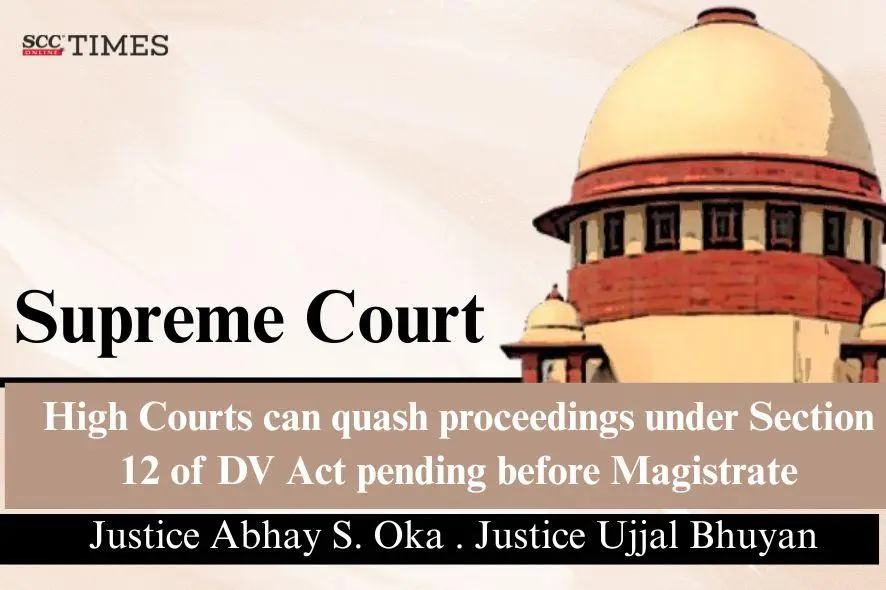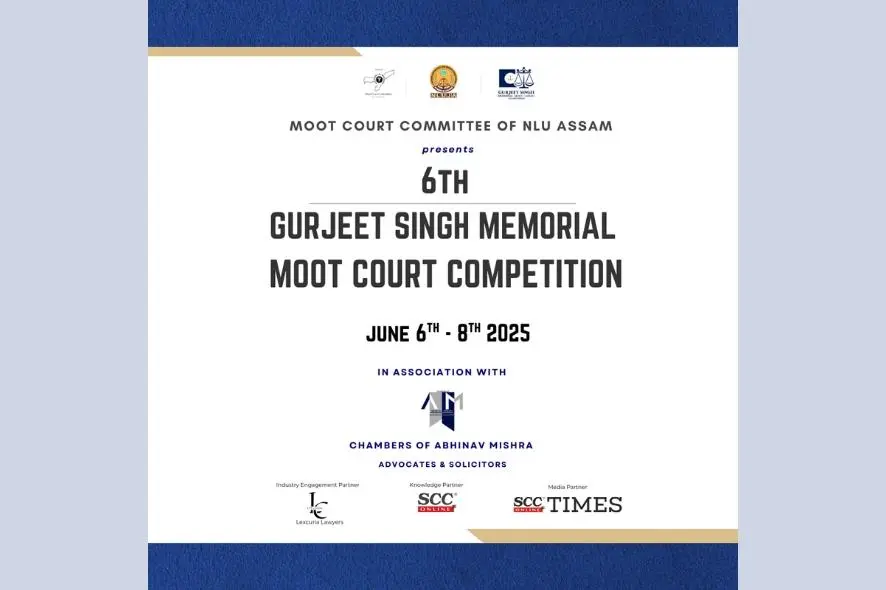Calcutta High Court: A Division Bench of I.P. Mukerji and Md. Nizamuddin, JJ., allowed an appeal filed against the order of the Single Judge whereby he had rejected the appellant-plaintiff’s application for grant of interim injunction restraining the respondent-defendant from using the subject trademark.
The appellant and the respondent were in the business of manufacturing TMT bars. The appellant was the registered proprietor of the word mark “Shyam” and label marks featuring this word prominently. The appellant filed a suit for infringement of the said trademark and passing off against the respondent. The interlocutory application filed by the appellant for grant of interim injunction till the disposal of the suit was rejected by the Single Judge as noted above. Aggrieved thereby, the appellant approached the High Court.
Two main contentions advanced on behalf of the respondent were: Firstly, that the registration of the mark “Shyam”, which is the name of a God, was invalid. And secondly, it was contended that the appellant filed the suit after a considerable delay and, therefore, the defence of acquiescence was available to the respondent.
Regarding the first contention, the High Court, relying on Lal Babu Priyadarshi v. Amritpal Singh, (2015) 16 SCC 795, held that it could not be said as an infallible principle of law that registration of the word “Shyam” was invalid and it should be cancelled. The respondent has to prove, by leading cogent evidence, before the Board, that indeed the name ‘Shyam’ refers to God only, is not distinctive of the appellant, is generic and common. Hence, its registration was invalid. Since, at the instant stage, the respondent was not able to establish this even prima facie, the Court rejected the first contention.
Coming to the second contention, the Court noted that the appellant was aware of the use of their trademark by the respondent since at least December 2015. Yet, the appellant took their own time in filing the suit and applying for an injunction, i.e., in 2019. However, the Court was of the view that the appellant could not be accused of acquiescing to the use of their trademark by the respondent, though it could be said that they took no action to restrain the respondent from using it. Reliance was placed on Power Control Appliances v. Sumeet Machines (P) Ltd., (1994) 2 SCC 448, wherein the Supreme Court has said that acquiescence would only arise out of the positive acts and not merely by silence or inaction. It has gone to the extent of saying that acquiescence was “one facet of delay”.
In such view of the matter of the Court, considering the prima facie case and balance of convenience, ordered that the respondent would be injuncted from using the trademark in question till the disposal of the infringement suit filed by the appellant, which effect from 1-5-2020, by which date, the respondent was permitted to clear the existing stock. [Shyam Steel Industries Ltd., v. Shyam Sel & Power Ltd., 2019 SCC OnLine Cal 5177, decided on 24-12-2019]


